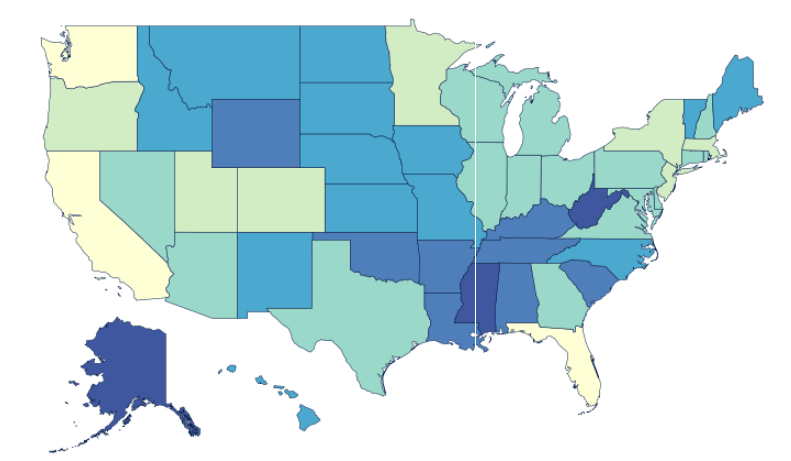Auto Loan Calculator
Making sure you can afford the monthly payments on your next vehicle.
Buying a car so you can get to work and get around can definitely be a good reason to borrow money and take on debt. On the other hand, you need to make sure you can afford the monthly payments, so you’re not juggling bills once you have your new set of wheels. This free auto loan calculator can help you do just that!
The calculator offers two ways to evaluate your next auto loan.
- If you select Purchase Price, the calculator will help you understand the monthly payments based on the price of the vehicle you wish to purchase.
- If you select Target Payments, the calculator will show you the maximum purchase price you can afford based on the payments you want.
Getting the right terms on your loan
Down payment
Putting more money down on your loan helps make financing a vehicle easier on your budget. It reduces the amount of the vehicle’s purchase price that you pay for through financing. The amount you borrow will be lower and the monthly payments will be lower as well.
Tip: Be careful with zero-money-down offers! This may sound like a good deal because you don’t need any cash upfront to pay for your vehicle. But the total cost of the vehicle tends to be higher with these types of deals because you finance the full amount. Always compare the total cost of these types of offers with a traditional auto loan through a bank or credit union.
Interest rate
The interest rate on an auto loan is generally set based on your credit score. A higher score means you can qualify for a lower rate. This will lower the total cost of financing a car, as well as the monthly payments. This is why you may want to check your score and improve it as much as possible before you apply for a new auto loan.
You can use our credit score loan cost calculator to see how much more a vehicle purchase costs with bad credit.
Term
Auto loans can range anywhere from 12 months up to 84 months (7 years). A longer loan term will lower your monthly payments but increase your total costs. A shorter-term increases the monthly payment amount but lowers total costs. In general, you should aim for the shortest term possible, as long as you can afford the payments.
Car buying tips
You can shop around for the best loan without hurting your credit
Typically, multiple credit inquiries in a short time will damage your credit score. This is why you don’t want to apply for multiple credit cards all at once. But with auto loans (like mortgages) the credit bureaus make an exception, so you can apply for multiple loans to shop around for the best deal.
All inquiries for auto loans within a short window (usually 14 days) get counted as one inquiry. This gives you the freedom to prequalify for an auto loan and compare it to dealership offers you may receive.
A TILA disclosure is your best friend
The Truth-in-Lending Act (TILA) requires lenders to provide a summary disclosure before you sign a loan agreement. This summary will tell you:
- The total amount you will finance with the loan (loan amount)
- The APR (annual percentage rate)
- The total finance charges – what you’ll pay to borrow the money
- Monthly payment amount
- Number of payments
- Home penalties may be applied, such as pre-payment penalties and late fees
You should review this disclosure carefully on any loan offer you receive before you sign the loan agreement.
Get preapproved by your preferred lender first
Instead of jumping into shopping for a car first, call your bank or credit union and get preapproved for an auto loan. Your financial institution will be able to help you understand the maximum loan amount that you can qualify for. This will help you narrow your search before you start shopping.
Compare any dealership offers to your preapproval
The other benefit of getting pre-approved is that you will have a loan that you can use to compare for dealership offers. Make sure to compare the TILA disclosures for the loans side-by-side. Things like zero-money-down and no interest for 12 months may sound great, but they often end up costing more.
Maximize your credit score before you apply
It’s always a good idea to check your credit report six months before you apply for an auto loan. This gives you time to make sure that there aren’t any negative items that could be hurting your score.
The higher your score, the easier it will be to qualify for a good loan with favorable terms. Taking steps like repairing your credit and paying down credit card debt can help ensure you get the best loan possible.
Need to pay off credit card debt before you apply for your next auto loan? We can help.






